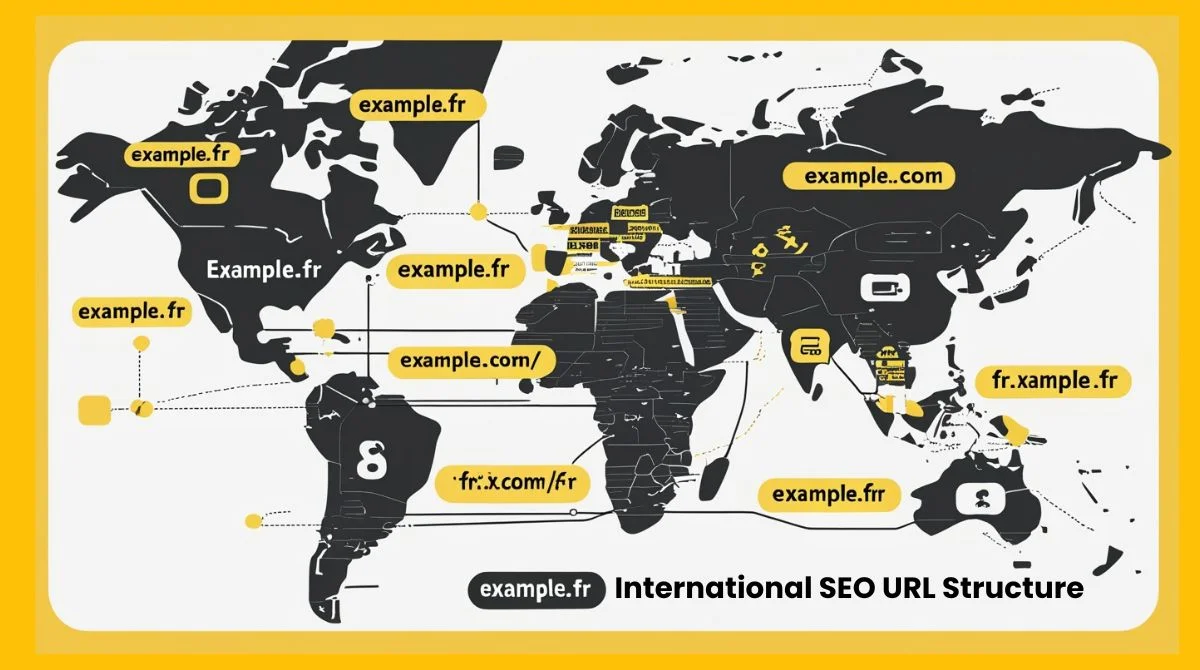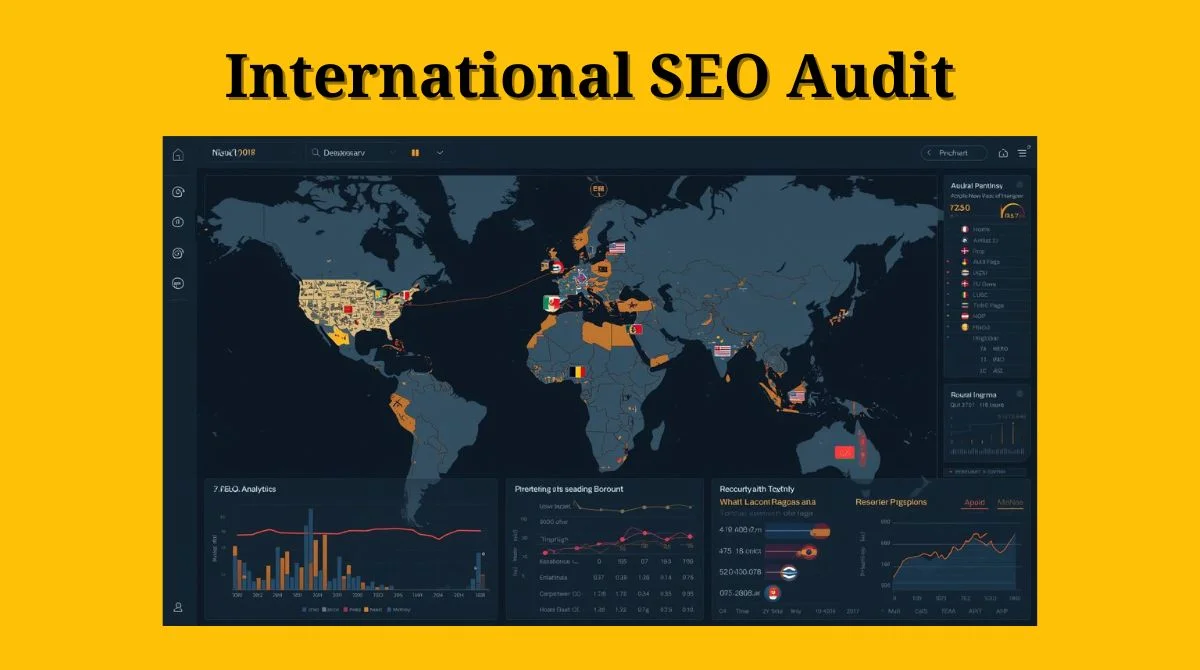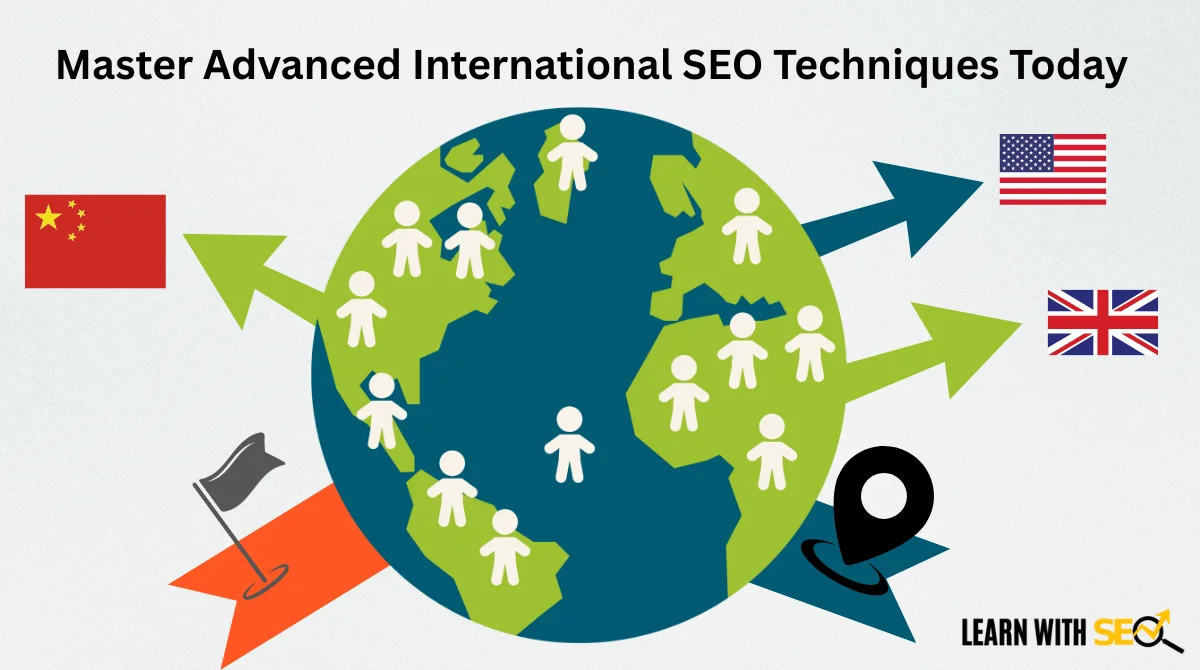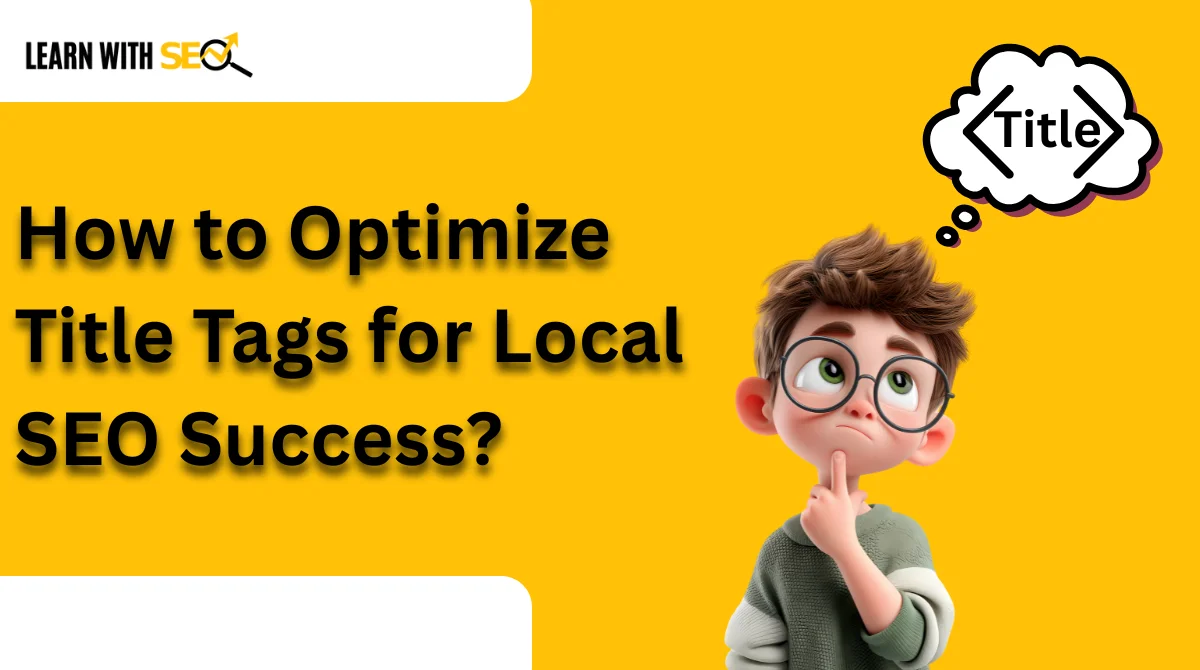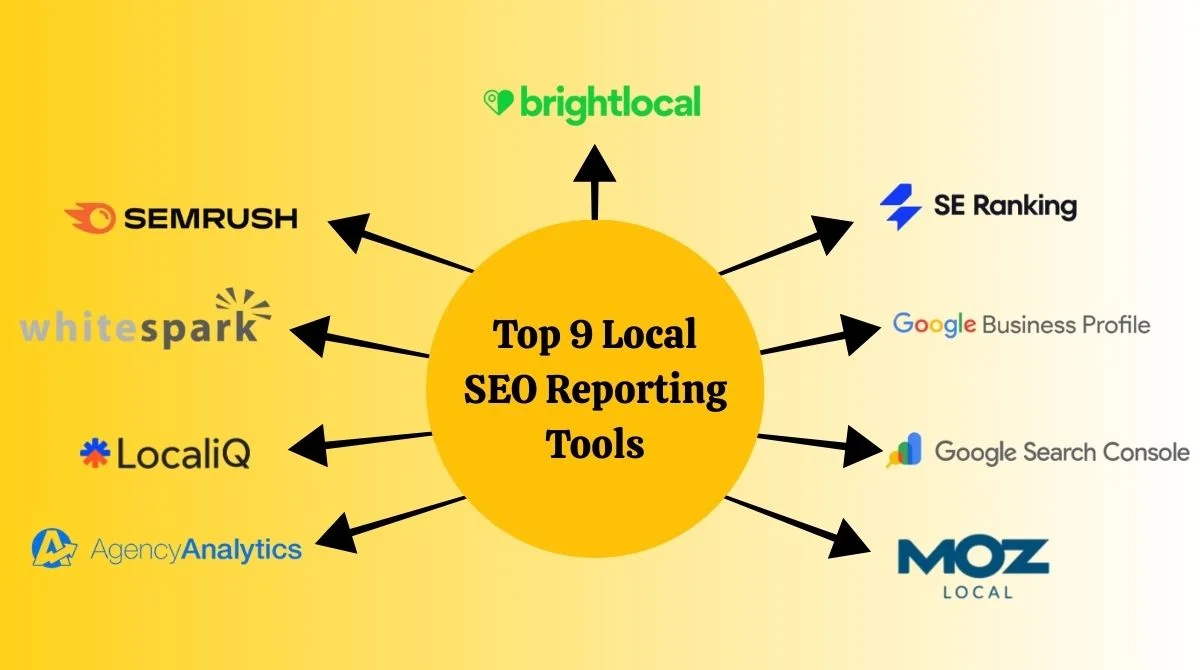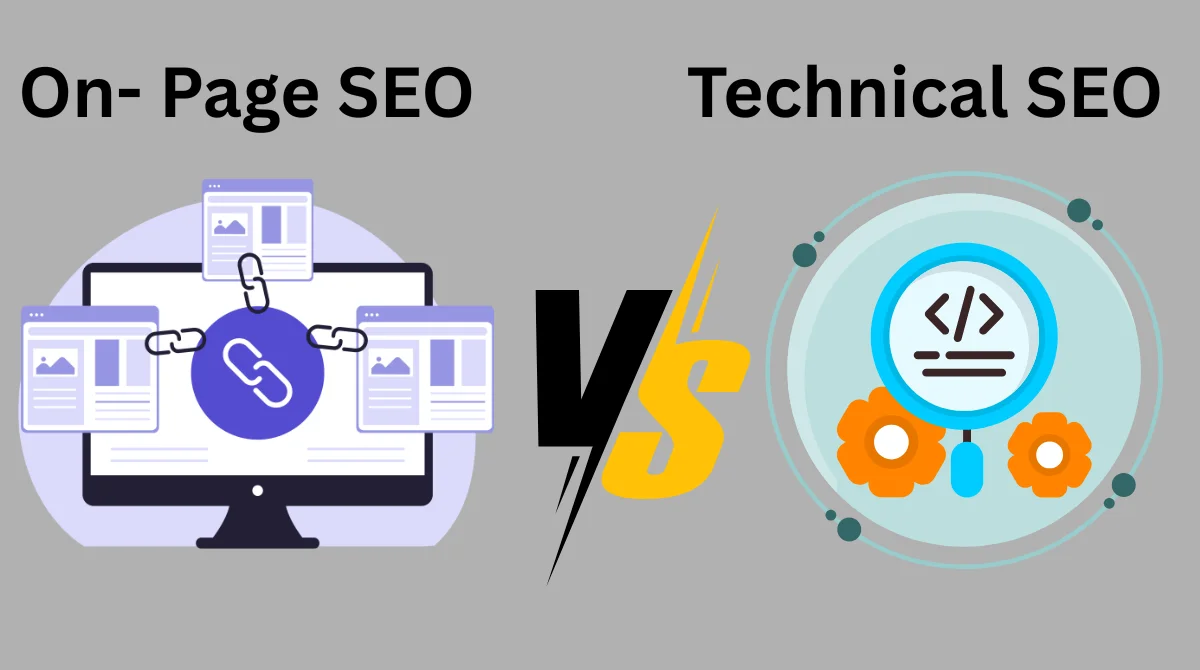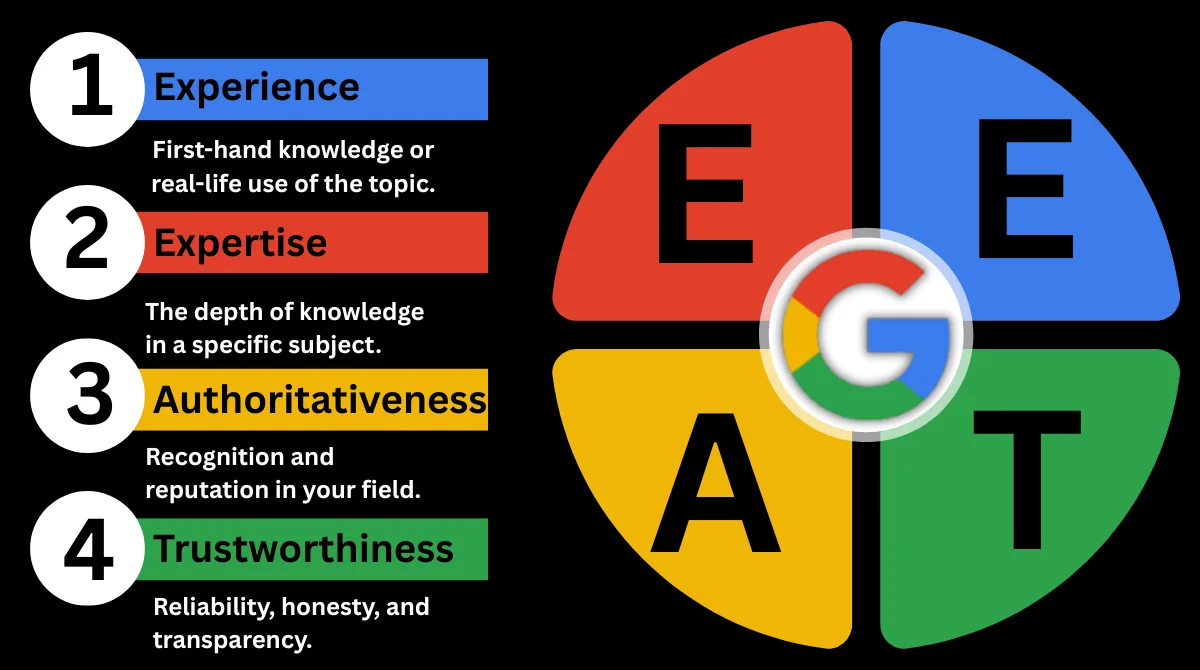In today’s digital age, businesses continually seek innovative ways to attract customers, enhance visibility, and drive sales growth. One of the most effective ways to achieve these goals is through paid search marketing. However, running successful campaigns requires planning, tracking, and optimization, which is where paid search management comes into play.
Paid search management is not just about placing ads; it is about creating a strategy that ensures your money is spent wisely, and every click has a chance of turning into a customer.
What is Paid Search Management?
Paid search management refers to the process of planning, executing, and optimizing paid search campaigns, typically on platforms such as Google Ads, Microsoft Ads (formerly Bing Ads), and other search engines. The main goal is to make sure your ads reach the right audience at the right time, without wasting money.
When users look for products or services, your ad has the chance to appear at the top of the search results. This is not by chance; it is the result of paid search management. It involves keyword research, ad copywriting, bidding strategies, budget allocation, and continuous monitoring to maximize performance.
In simple terms, paid search management is like hiring a guide for your online ads journey. Without it, you may spend money without seeing real results.
How Does Paid Search Work?
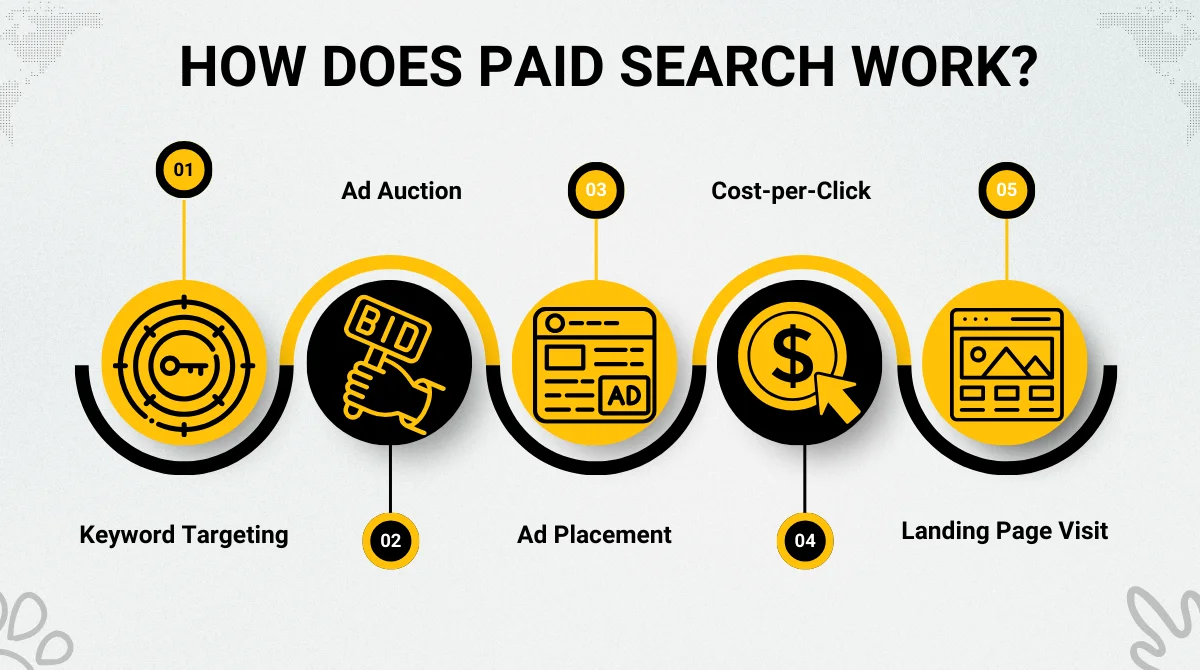
To understand paid search management, it’s important to know how paid search advertising actually works. The process is simple but powerful:
- Keyword Targeting: Advertisers choose and bid on keywords that people are typing into search engines. For example, if a user searches for ‘buy running shoes,’ your ad may show up when you’ve bid on that keyword.”
- Ad Auction: Search engines run an automatic auction to decide which ads should appear and in what order. Factors like bid amount and ad quality score play an important role.
- Ad Placement: The winning ads are shown at the top or bottom of search engine results pages (SERPs), giving them maximum visibility.
- Cost-per-Click (CPC): You aren’t charged when your ad is displayed; you only pay when someone clicks on it. This makes it cost-effective because you are paying for real engagement.
- Landing Page Visit: After clicking, the user lands on your chosen page. If the page is relevant and persuasive, the visitor may complete an action such as buying a product, filling out a form, or contacting your business.
This system works well because it targets users who are already interested in your product or service, increasing the chances of conversion.
Key Elements of Paid Search Management
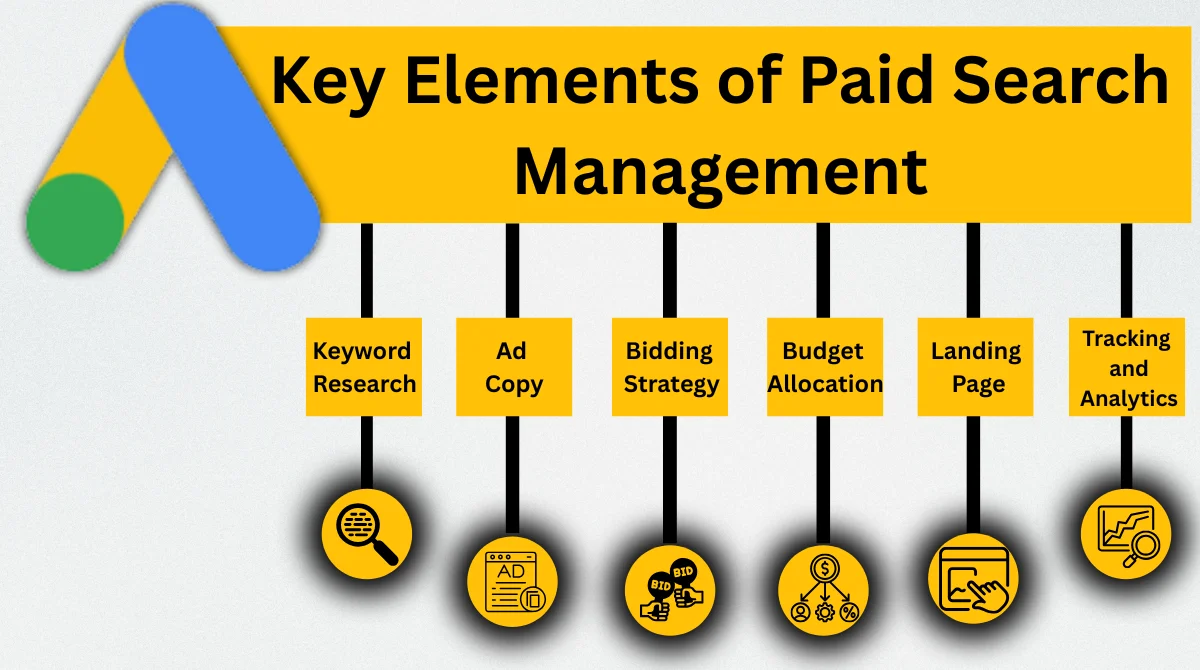
Paid search management involves several important activities. Each one plays a role in making sure the campaign delivers strong results.
1. Keyword Research
Choosing the right keywords lays the groundwork for every campaign. Good management means identifying high-intent keywords that match what your customers are actually searching for.
- Use keyword tools to find opportunities.
- Focus on long-tail keywords for higher conversion rates.
- Remove irrelevant keywords to avoid wasted spending.
2. Ad Copywriting
Ads must be clear, engaging, and relevant to what people are searching for. An effectively written ad drives more clicks while reducing costs.
- Write headlines that capture attention.
- Add strong calls-to-action like “Buy Now” or “Get a Free Quote.”
- Highlight unique selling points.
3. Bidding Strategy
Paid search is based on auctions. Your bidding strategy determines the amount you’re willing to spend for each click. Management ensures that you are not overspending while still staying competitive.
- Manual bidding for more control.
- Automated bidding using AI for efficiency.
- Adjust bids for location, device, and time of day.
4. Budget Allocation
Setting the right budget is important. A good manager will distribute money across campaigns and keywords based on performance.
- Spend more on high-performing ads.
- Pause low-performing ones.
- Monitor daily and monthly limits.
5. Landing Page Optimization
A click is only valuable if it converts into a customer. Paid search management also focuses on improving landing pages.
- Fast loading speed.
- Clear headline and content.
- Easy forms or checkout process.
6. Tracking and Analytics
Without tracking, you won’t know what works. Paid search managers use analytics to measure results.
- Conversion tracking for sales or leads.
- Click-through rate (CTR) analysis.
- Return on Ad Spend (ROAS) measurement.
Why is Paid Search Management Important?
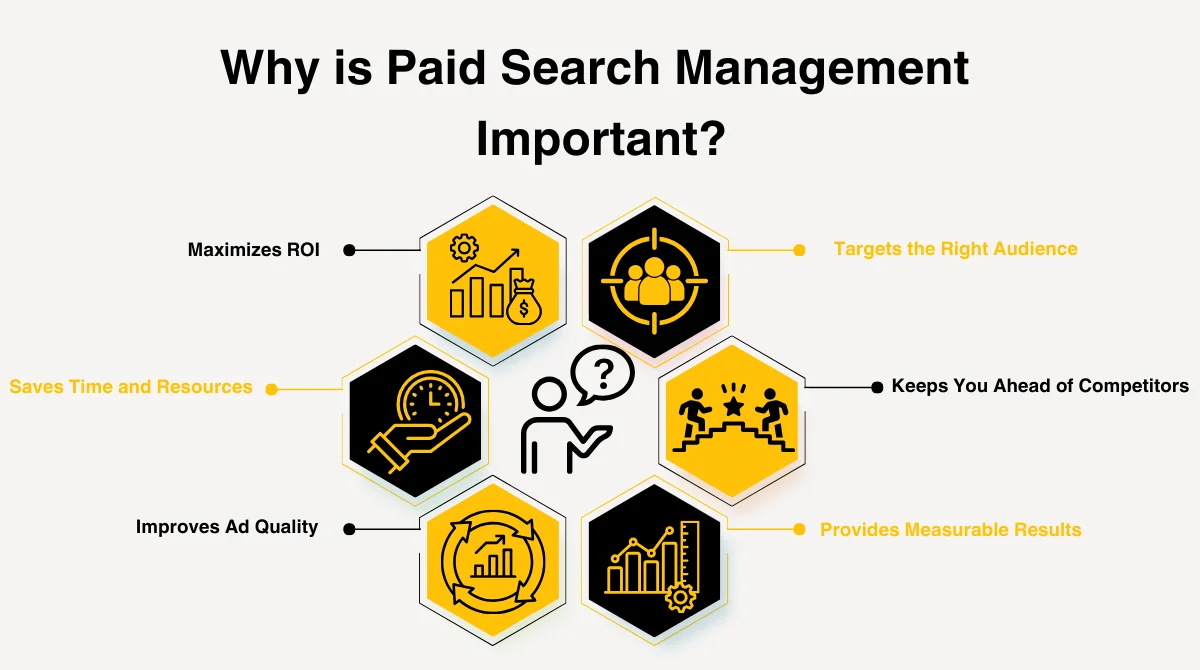
Many businesses launch ads without a clear strategy and end up losing money. Paid search management ensures that advertising is efficient, effective, and profitable. These are some of the main reasons why it’s important:
1. Maximizes ROI (Return on Investment)
Every business wants to see results for the money it spends. Paid search management ensures that ads are optimized to maximize the likelihood of each click resulting in a sale.
2. Saves Time and Resources
Managing paid campaigns requires constant monitoring, testing, and adjustments. Without management, you may spend hours figuring out what works. Professional management saves both time and money.
3. Improves Ad Quality
Well-managed campaigns improve Quality Score, which reduces costs and improves ad rankings. This means you pay less while still reaching more people.
4. Targets the Right Audience
Paid search management makes sure your ads appear only to people who are most likely to purchase. By using audience targeting, location filters, and device preferences, managers reduce wasted clicks.
5. Keeps You Ahead of Competitors
Your competitors are also running ads. Without management, you risk losing visibility. A well-managed campaign ensures you stay competitive and relevant.
6. Provides Measurable Results
One of the biggest benefits of paid search is that everything can be measured. With management, you get detailed reports that show exactly how your ads are performing.
Benefits of Professional Paid Search Management
Hiring an expert or agency for paid search management can bring several advantages:
- Better Strategy: Professionals know the best bidding and targeting techniques.
- Constant Monitoring: Campaigns are checked daily for performance.
- Advanced Tools: Experts use premium tools for keyword research and tracking.
- Ongoing Optimization: Ads are updated regularly for better results.
- Scalability: Campaigns can grow with your business.
Common Mistakes Without Proper Management
Businesses that run ads without management often face these issues:
- Choosing broad or irrelevant keywords.
- Writing weak ad copy that fails to attract clicks.
- Overspending due to poor bidding strategies.
- Sending traffic to poorly designed landing pages.
- Ignoring tracking, so they don’t know what works.
These errors can drain your budget and lead to poor outcomes.
Best Practices for Paid Search Management
To get the best results from your paid search campaigns, it’s important to follow some proven best practices. These help reduce wasted spend and improve overall performance.
- Start with detailed keyword research: Strong campaigns begin with the right keywords. Always research what your target audience is searching for and balance between broad, exact, and long-tail terms.
- Create multiple ad variations and test them: Don’t rely on just one version of your ad. Write different headlines, descriptions, and CTAs, then test which performs best. A/B testing helps identify which messages work best.
- Monitor performance daily: Paid search changes quickly. By checking performance daily, you can spot issues early, adjust bids, and optimize ads before wasting budget.
- Use negative keywords to avoid irrelevant clicks: Negative keywords stop your ads from showing on irrelevant searches. For example, if you sell ‘premium shoes,’ you could set ‘free’ as a negative keyword to prevent clicks from users searching for free products.
- Optimize your landing pages: Even the strongest ad won’t perform if the landing page is weak. Regularly test layouts, speed, and messaging to make sure visitors convert once they click your ad.
- Use data to guide every decision: Don’t guess. Always rely on campaign data, analytics, and reports when making changes to ads, bids, or targeting.
By applying these best practices, you’ll not only save money but also improve your chances of long-term success with paid search campaigns.
FAQs
1. What is the difference between paid search and organic search?
Paid search ads appear at the top of search results because advertisers pay for placements, while organic search results are ranked naturally through SEO without direct payments.
2. How much does paid search advertising cost?
The cost depends on your keywords, competition, and bidding strategy. On average, businesses may pay anywhere from a few cents to several dollars per click.
3. Is paid search good for small businesses?
Yes, paid search is effective for small businesses because it allows them to target the right audience, control their budget, and only pay when someone clicks on their ads.
4. How can you evaluate the success of a paid search campaign?
Success is measured through metrics like Click-Through Rate (CTR), Cost-per-Click (CPC), Conversion Rate, and Return on Ad Spend (ROAS). Tracking tools like Google Ads and Analytics help monitor performance.
5. Can I run paid search campaigns without an agency?
Yes, you can manage campaigns yourself using platforms like Google Ads, but professional management often saves time, reduces wasted spending, and improves overall ROI.
Conclusion
Paid search management is more than running ads; it’s about building a smart strategy that drives real growth. From keywords to budgets and tracking, every step matters. Without proper management, ads waste money and lose impact. Whether small or large, businesses that invest in paid search management gain higher ROI, better targeting, and a stronger competitive edge. In today’s digital world, it’s not optional; it’s essential.



